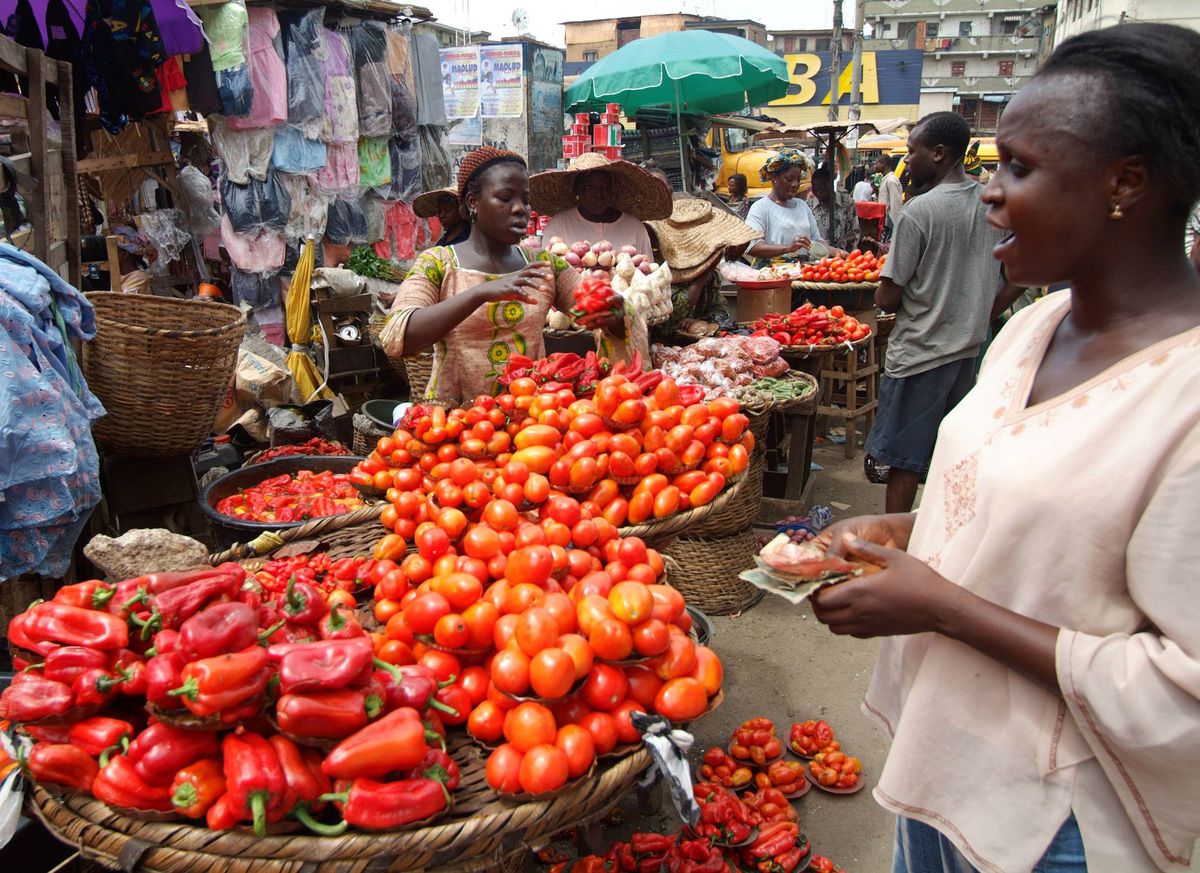ABUJA, Nigeria — Nigeria’s annual inflation rate increased in September, marking the end of a two-month streak of declining inflation.
The National Bureau of Statistics (NBS) announced on Tuesday, October 15, 2024, that the headline inflation rate reached 32.70%, a rise from the 32.15% recorded in August 2024.
Inflation indicators assess the prices of goods and services over a 12-month period.
A rise in inflation means that the pace at which prices are increasing has picked up again after showing signs of slowing down in previous months.
However, it does not necessarily indicate a reduction in prices—only a slower rate of increase.
According to the NBS, the inflation rate in September increased by 0.55% from the previous month.
On a year-on-year basis, the headline inflation rate was 5.98% points higher than in September 2023, when it stood at 26.72%.
“This shows that the Headline inflation rate (year-on-year basis) increased in September 2024 when compared to the same month in the preceding year (i.e., September 2023),” the NBS stated in its report.
Rising Costs of Living
The inflation spike comes amid ongoing economic challenges in Nigeria, where many households are grappling with rising living costs.
Analysts attribute the inflation pressures to a combination of factors, including higher fuel prices following the removal of subsidies, currency depreciation, and disruptions in the global supply chain.
As inflation continues to surge, concerns grow over the impact on consumer spending power and economic growth.
The central bank may face increasing pressure to intervene with monetary policies aimed at curbing inflation, but the rising costs of essential goods and services remain a challenge for millions of Nigerians.
With inflation rates now on an upward trajectory again, the economic outlook for the coming months suggests that addressing inflation will remain a priority for policymakers.







